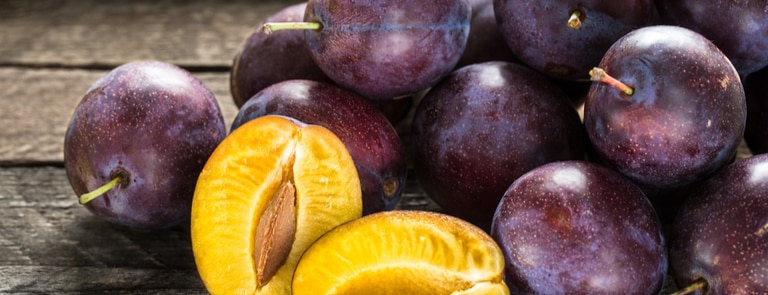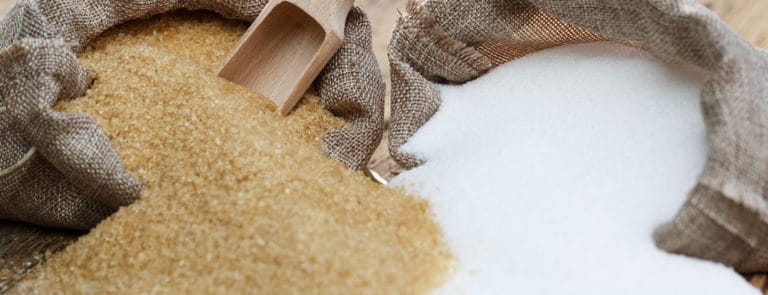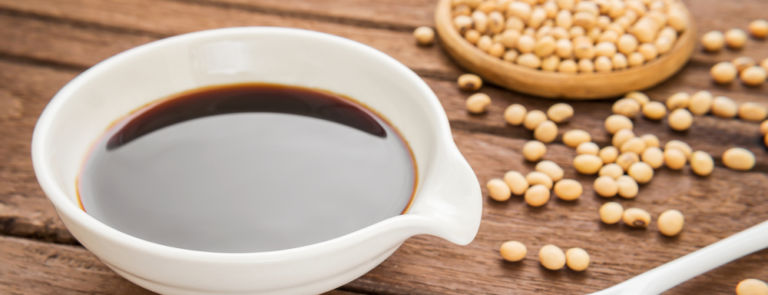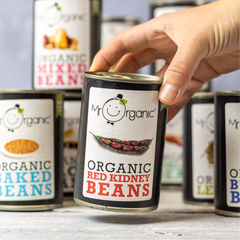B&C
|Carousel main title
Main title
Plum health benefits

Plums, the once-prized fruit of nursery rhyme subjects, have fallen out of fashion in Britain compared to exotic fruits, like mango and acai. However, health food lovers should incorporate plum into their repertoire.
This fruit is packed full of health benefits and is usually grown locally, in the UK.1
What are plums?
Plums are a kind of drupe, which in layman’s terms is a seeded fruit with a pit. As a member of the Prunus family, their noble genealogy means that plums count almond, peach, cherry, and apricot among their cousins.2
Historical evidence suggests that plums first emerged in China, although now they grow throughout the world. Researchers believe that the first plums in Europe were imported from Ancient Greece via Syria, and the Romans introduced them to Northern Europe.3
Health benefits of plums
Plums are associated with a wide variety of benefits for health and wellness, including:
-
Anti-oxidant properties
Scientific research is increasingly convinced that oxidative stress is behind most ‘age-related’ diseases.4 Happily, plums contain twice as many antioxidants as nectarines and peaches.5
An antioxidant-rich diet can reduce oxidative stress in the body, and lessen the chance of developing age-related diseases.6,7,8
-
Help regulate blood sugar
Regular blood sugar spikes are associated with a range of adverse health outcomes.9 Happily, although plums are carbohydrate-rich, they don’t seem to cause dramatic blood sugar spikes after eating.10,11
-
Encourage healthy bones
Eating dried plums can reduce the risk of developing bone diseases later in life.12
Plums nutrition profile
An average plum typically contains13:
| Energy | Carbs | Fibre | Sugar | Vitamin C | Vitamin A | Vitamin K |
| 30 kcal | 8g | 1g | 7g | 10% of RDA | 5% of RDA | 5% of RDA |
Plums also contain the minerals copper, potassium, manganese, and phosphorus.
The best way to enjoy plums is when they’re fresh and seasonal, from August to October in the UK.14 Plums are also delicious in cakes, pies, and puddings.
Potential risks from plums
Plums are allergenic. Most people who suffer from allergies experience a tingling sensation or tightening in the mouth or throat around 15 minutes after eating.15
Other individuals with sensitivities may experience gas and bloat after eating.16
Last updated: 2 March 2021
- http://www.eattheseasons.co.uk/Articles/plums.php
- https://www.britannica.com/plant/Prunus
- http://www.eattheseasons.co.uk/Articles/plums.php
- https://www.ncbi.nlm.nih.gov/pmc/articles/PMC5927356/
- https://www.ncbi.nlm.nih.gov/pubmed/12166993
- https://www.ncbi.nlm.nih.gov/pubmed/19735188
- https://www.ncbi.nlm.nih.gov/pubmed/18236016
- https://www.ncbi.nlm.nih.gov/pubmed/25921826
- https://www.ncbi.nlm.nih.gov/pmc/articles/PMC2811466/
- https://www.ncbi.nlm.nih.gov/pubmed/24090144
- https://www.ncbi.nlm.nih.gov/pmc/articles/PMC4058731/
- https://www.ncbi.nlm.nih.gov/pubmed/19274852
- http://nutritiondata.self.com/facts/fruits-and-fruit-juices/2032/2
- https://www.jamieoliver.com/pdfs/uk-veg-sample.pdf
- http://research.bmh.manchester.ac.uk/informall/allergenic-food/index.aspx?FoodId=27
- https://www.webmd.com/vitamins/ai/ingredientmono-1594/plum










